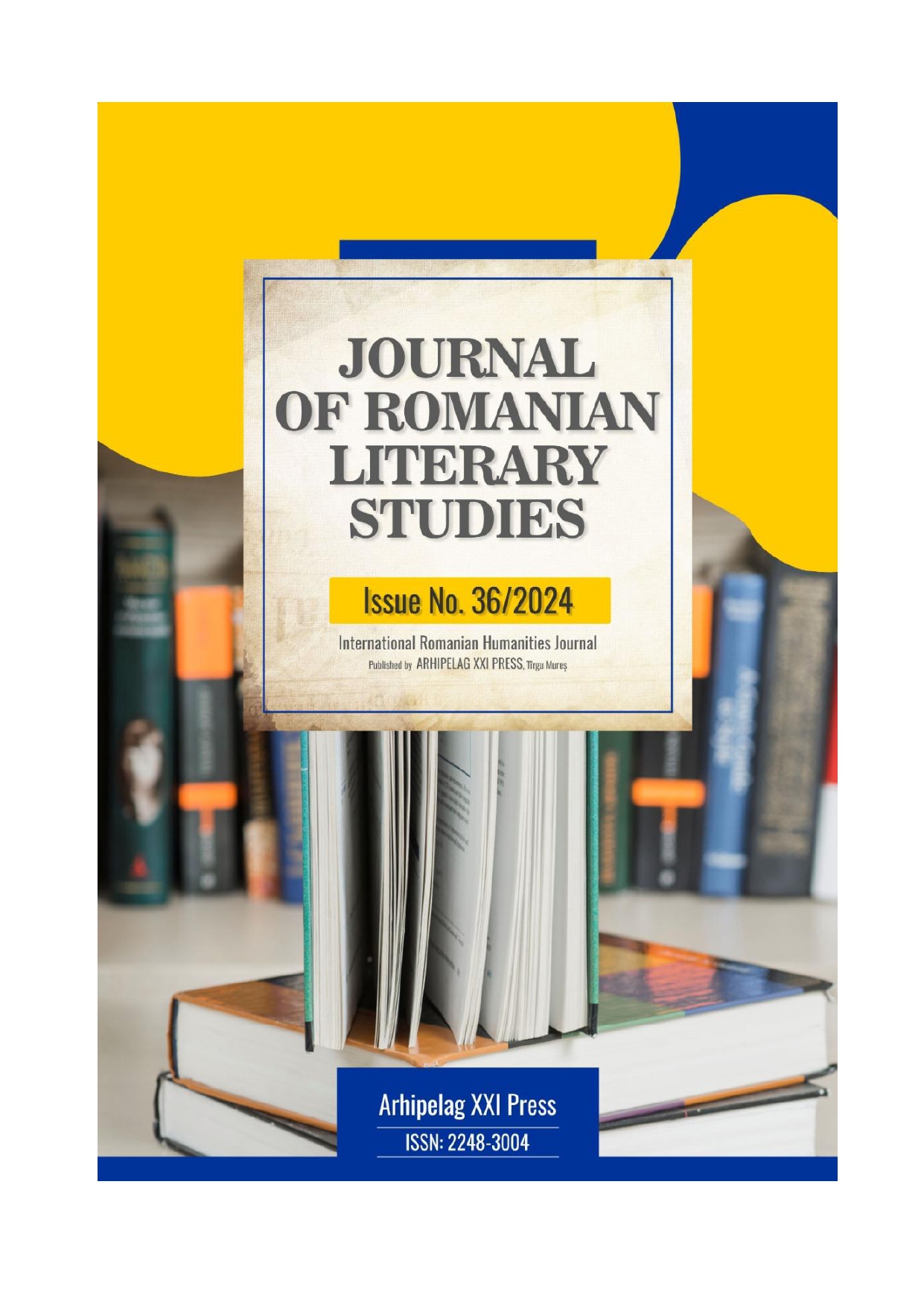THE PHILOSOPHICAL CONCEPTS OF REALITY AND SIMULACRUM IN INDIAN MYSTICS. THE BHAGAVAD-GITA EPISODE
THE PHILOSOPHICAL CONCEPTS OF REALITY AND SIMULACRUM IN INDIAN MYSTICS. THE BHAGAVAD-GITA EPISODE
Author(s): Alexandru-Ioan CândaSubject(s): Philosophy of Religion, Phenomenology, Hermeneutics
Published by: Editura Arhipelag XXI
Keywords: Simulacrum; non-existent; meaning; phenomenology of religion; philosophical hermeneutics;
Summary/Abstract: In the spectrum of Indian sacred literature, the Bhagavad-Gītā represents an essential landmark for understanding the key concepts of the Hindu religious system; moreover, starting with the 15th century, the writing becomes central to all Indian mystical currents. Beyond the cultural and cult importance, the Bhagavad-Gītā brings into discussion special perspectives on reality – both for the divinity that reveals itself, and for the one who participates in the sacred. In a philosophical key, the text offers surprising supporting arguments for contemporary ontological positions on reality – especially in relation to Baudrillard's concept of simulacrum –, but also arguments for conceptual developments related to hermeneutics or the phenomenology of religion. In all these perspectives, the illusion (māyā) becomes a simulacrum – so the non-existent develops into a reality-in-itself, which becomes a tool not only for a non-anxious interpretive positioning towards existence, but especially for an ontological becoming correctly-aligned towards divinity.
Journal: Journal of Romanian Literary Studies
- Issue Year: 2024
- Issue No: 36
- Page Range: 1298-1304
- Page Count: 7
- Language: English

